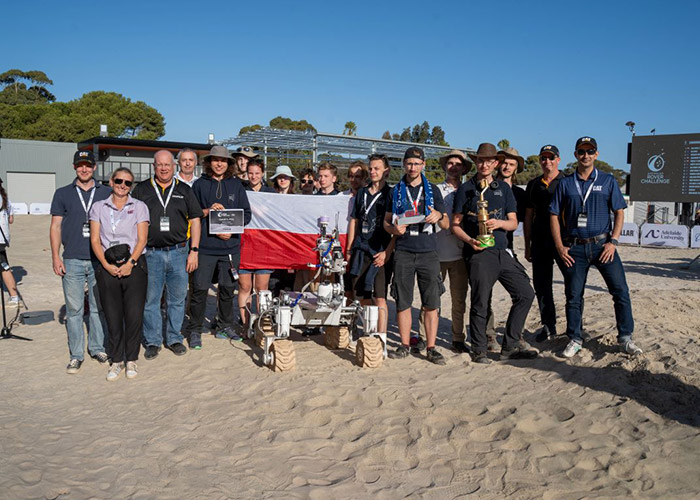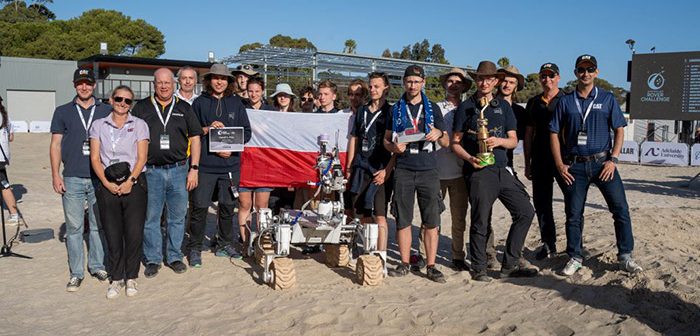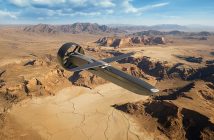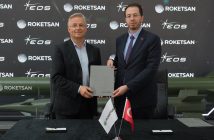
Sixteen teams from universities in Australia, Poland, and India competed in a series of challenges at the University of Adelaide’s fifth annual Australian Rover Challenge (ARCh), with Poland’s AGH University of Kraków team, AGH Space Systems, securing first place.
Held at the world-class EXTERRES Analogue Facility at the University’s Roseworthy campus from 27—30 March, students took part in a mock full-scale lunar mission using semi-autonomous rovers they had designed and built themselves.
The challenge showcased fully functional foundation services rovers capable of remote operation, autonomy, manipulation, and resource utilisation — aligning with Australia’s $150 million commitment to NASA’s Moon to Mars program, which seeks to return to the Moon for the first time since 1972.
The University of Queensland team, UQ Space, finished in second place and Monash University team, Monash Nova Rover, took home third.
Associate Professor John Culton, co-founder of ARCh and Director of the Andy Thomas Centre for Space Resources, described the event as a major success.
“The Australian Rover Challenge is one of the most technically demanding student competitions in the world,” he said.
“Students are tasked with complex engineering and robotics challenges that mirror real-world lunar exploration. The experience is invaluable for developing the skills they’ll need in their future careers.”
Jingyi Khoo Pek Eng Qiu, lead of the University of Adelaide’s Adelaide Rover Team and a Bachelor of Computer Science student, said the competition was both challenging and rewarding.
“This was a once-in-a-lifetime experience that not only deepened my passion for space exploration but also allowed me to connect with like-minded students from around the world,” she said.
The Australian Rover Challenge is supported by partners including Caterpillar, Boeing, ELO2, ispace, the Australian Space Agency, the South Australian Space Industry Centre, CSIRO, and Mini Mammoth Games.







